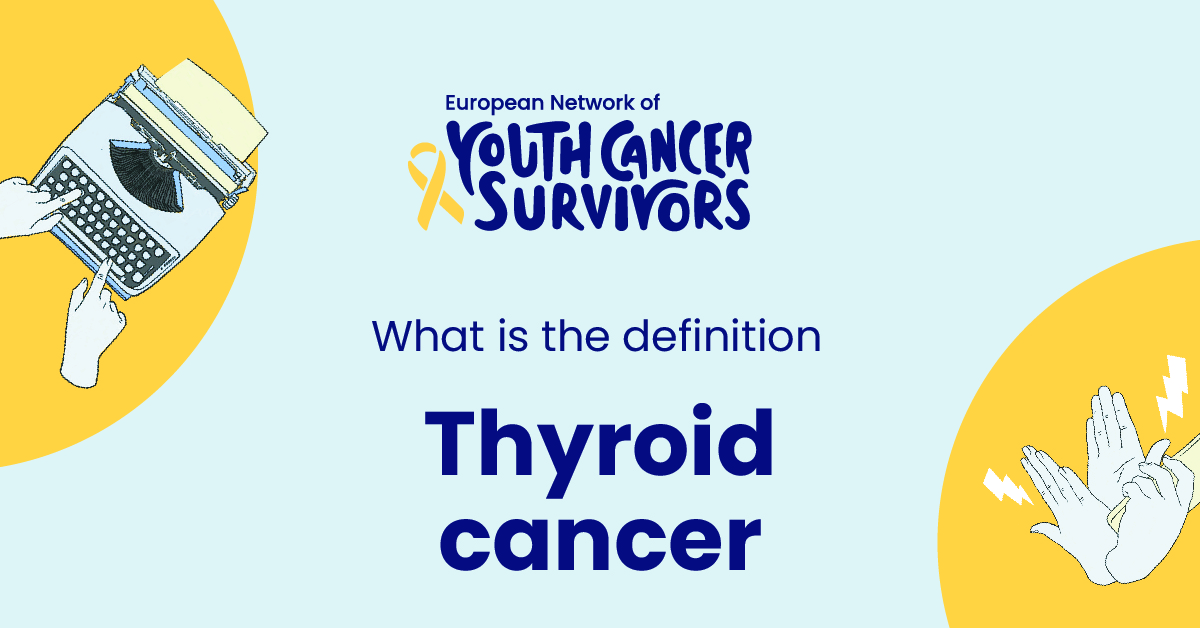
The human body is an intricate machinery with various organs playing crucial roles in maintaining its smooth functioning. An essential yet often overlooked part of our system is the thyroid gland. Located in the lower part of our neck, this butterfly-shaped gland produces hormones that regulate numerous bodily functions, including metabolism, heart rate, and body temperature.
When the normal process of cell growth and death is disrupted in the body, we experience a disease that is universally feared – cancer. Cancer entails the uncontrollable growth and multiplication of cells, leading to the formation of a mass or a ‘tumor’. Depending on where this abnormal growth initiates, cancer earns its distinct types such as lung cancer, breast cancer, and the topic at hand – thyroid cancer.
Understanding the Meaning of Thyroid Cancer
Thyroid cancer, as the name suggests, refers to the malignancy that arises within the thyroid gland. It is characterized by the anomalous growth and division of thyroid cells, leading to the formation of a malignant tumor.
The thyroid, despite its small size, contributes significantly to body functionality. Its prime task involves producing hormones like thyroxine (T4) and triiodothyronine (T3) that regulate our metabolism. When cancer strikes, it compromises these critical functions, leading to severe and sometimes irreversible damage.
Classification of Thyroid Cancer
Thyroid cancer is categorized into four main types depending on the cancerous cells’ structure and growth rate. These include Papillary, Follicular, Medullary, and Anaplastic thyroid cancer.
Papillary is the most common and tends to grow slowly, while Anaplastic is rare and aggressive. Follicular and Medullary fall in between these two extremes. Each type presents unique symptoms and requires different treatment approaches.
An awareness of their distinct characteristics is crucial as they affect the body differently. For example, Medullary Thyroid Cancer (MTC), unlike other types, may produce excess hormones that cause distinctive symptoms while Anaplastic thyroid cancer rapidly spreads and becomes challenging to treat.
Causes and Risk Factors of Thyroid Cancer
Pinpointing the exact causes of thyroid cancer can be a challenge. However, genetic mutations play a significant role in its initiation. This involves changes that allow cells to grow and multiply rapidly, resulting in a tumor. Environmental factors like radiation exposure have also been linked.
Risk factors range from family history, being female, age (most common in people aged 30 to 60), to iodine deficiency. However, it’s essential to distinguish myth from reality — for instance, while some believe that thyroid cancer can result from a poor diet or stress, these claims lack scientific backing.
Diagnosis and Treatment of Thyroid Cancer
Get to know us better
If you are reading this, you are in the right place – we do not care who you are and what you do, press the button and follow discussions live

Thyroid cancer usually doesn’t demonstrate early symptoms. However, a noticeable lump or swelling in the neck, trouble swallowing or breathing, persistent cough, or voice changes might indicate its presence. These signs merit immediate medical attention for diagnostic tests, including blood tests, imaging tests, or a biopsy.
Treatment options are contingent on several factors, including the type and stage of thyroid cancer, health status, and personal preferences. They range from surgery, radioactive iodine therapy, hormone therapy, to targeted drug therapy or chemotherapy.
Living with Thyroid Cancer: Quality of Life, Prognosis, and Survival Rates
The long-term implications of thyroid cancer can be challenging, requiring regular follow-ups and lifelong medication for many. However, the prognosis is generally excellent, with a high survival rate, especially for cancers detected early.
Indeed, life after treatment involves new normal, but with a balanced diet, regular exercise, adequate sleep, and a solid support system, individuals can maintain a good quality of life.
Conclusion: A Holistic View of Thyroid Cancer
Thyroid cancer, like most cancers, is a multifaceted disease requiring comprehensive understanding and holistic approach to its treatment and management. While the condition poses significant challenges, with early detection, effective treatments, and lifestyle adjustments, individuals can pave their path to recovery and lead fulfilling lives.
FAQs:
- What are the early warning signs of Thyroid cancer?
Aside from a noticeable lump in the neck, other early signs may include persistent throat or neck pain, difficulty swallowing, a chronic cough not associated with a cold, and voice changes.
- Can Thyroid cancer be prevented?
While you can’t prevent thyroid cancer, you can significantly reduce risk factors. This includes maintaining a diet rich in iodine and avoiding excessive radiation exposure.
- How long is the recovery period after undergoing treatment for Thyroid cancer?
The recovery period varies considerably depending on the type of treatment undertaken and the individual’s overall health. It can range from a couple of weeks post-surgery to a few months after radioactive iodine therapy.
- Is Thyroid cancer hereditary?
Most cases of thyroid cancer occur sporadically. However, certain types like medullary thyroid cancer can be passed down through families (hereditary).
- What lifestyle changes can help manage the risk of Thyroid cancer?
Lifestyle changes that can help manage thyroid cancer include maintaining a balanced diet rich in fruits, vegetables, and iodized salts, regular exercise, avoiding radiation exposure, and having regular medical check-ups.

















Comments
Thank you. Comment sent for approval.
Something is wrong, try again later